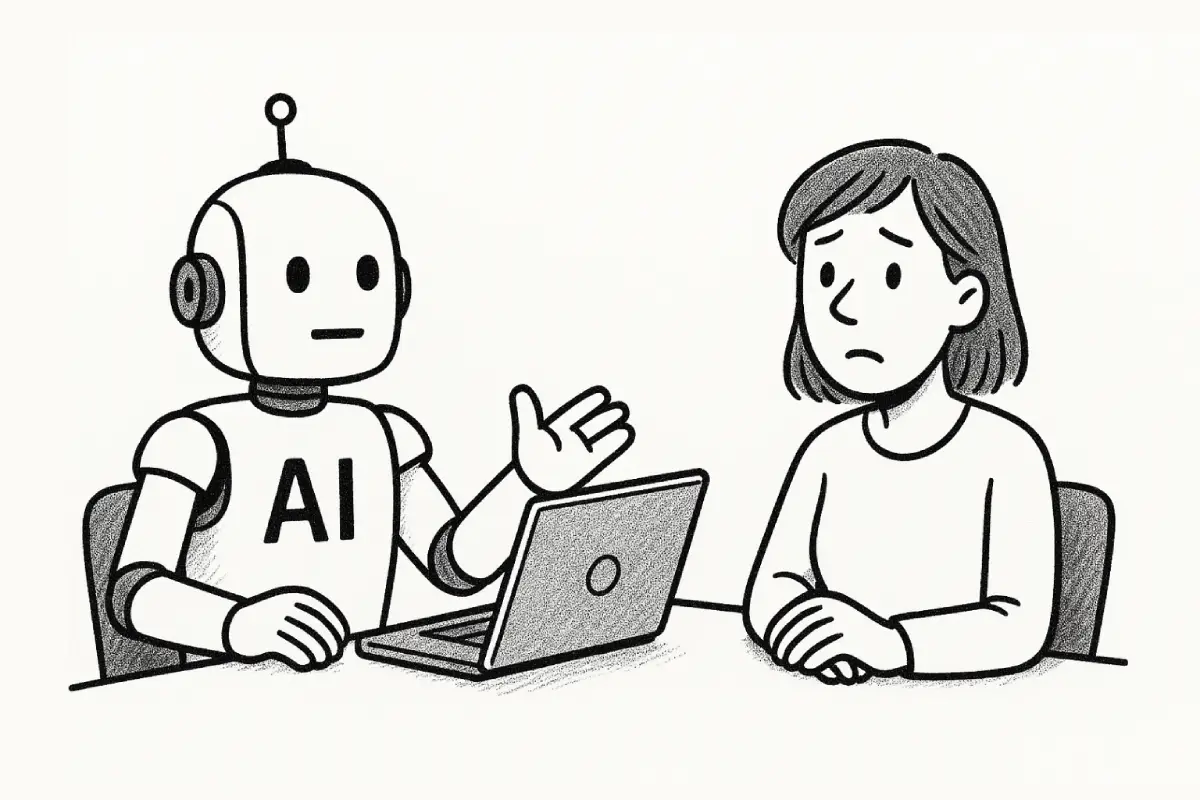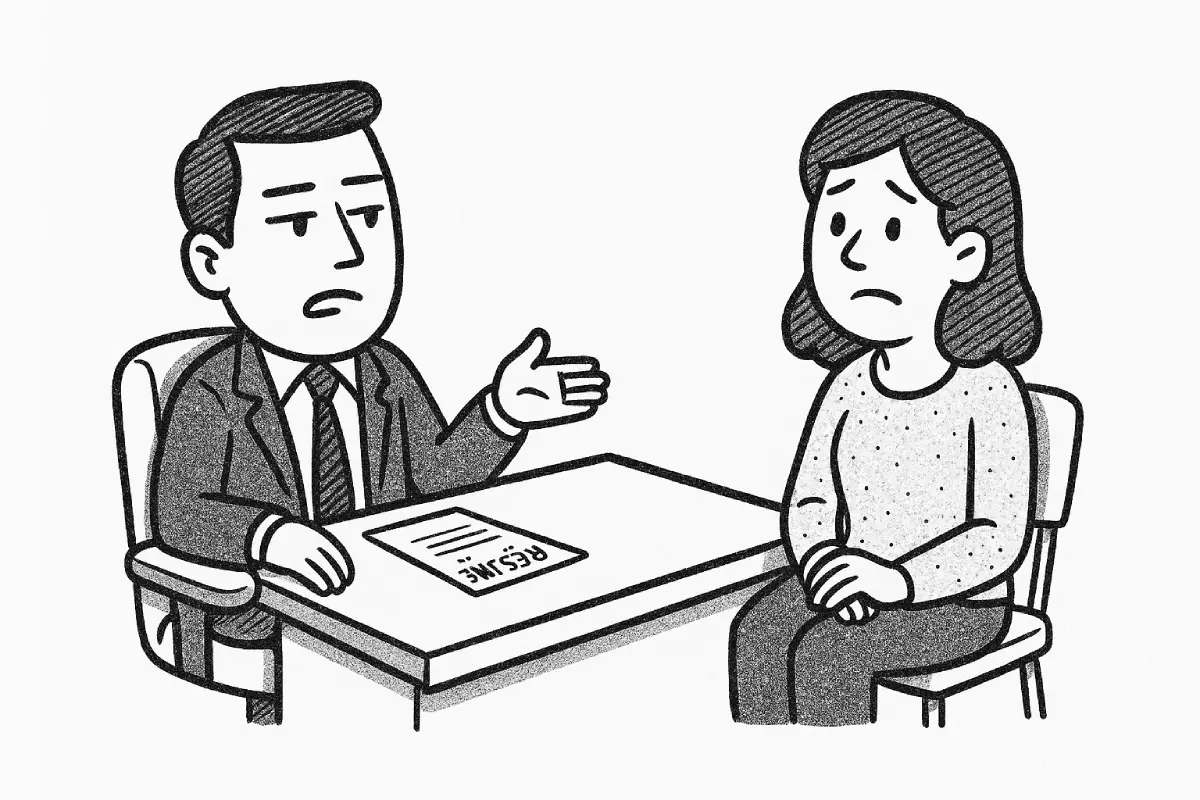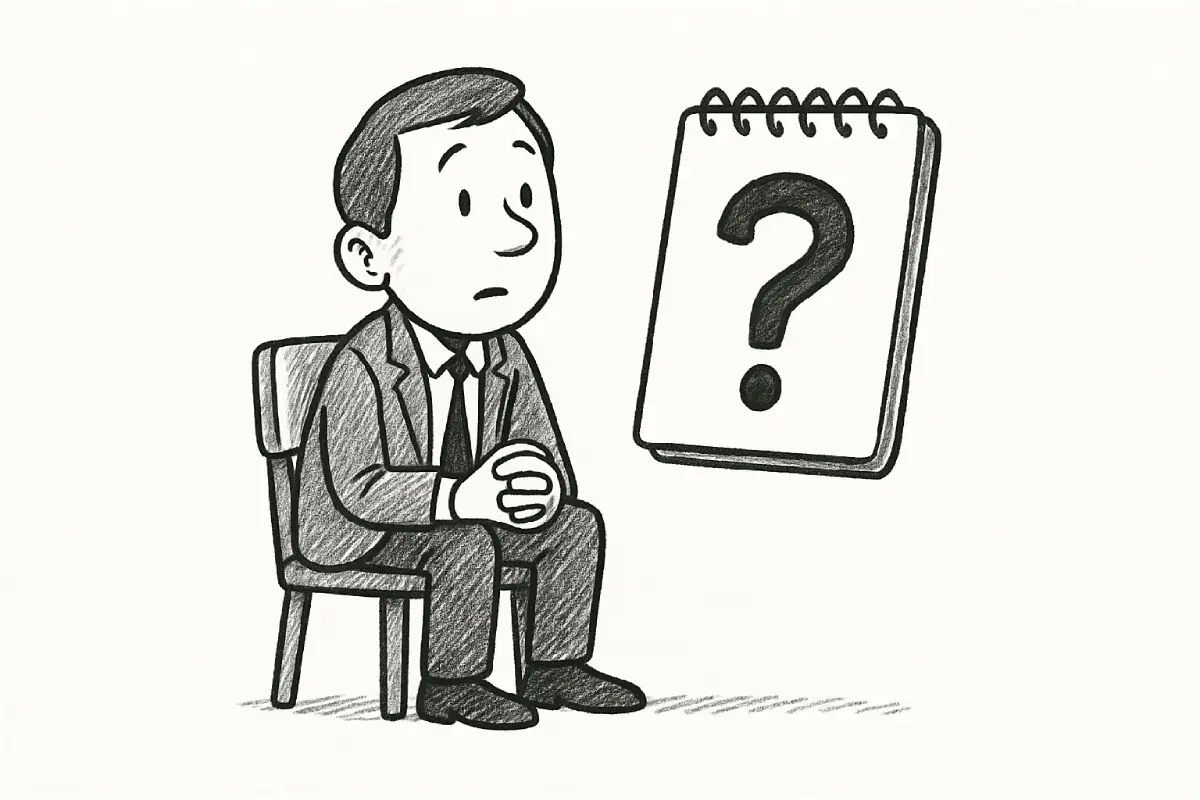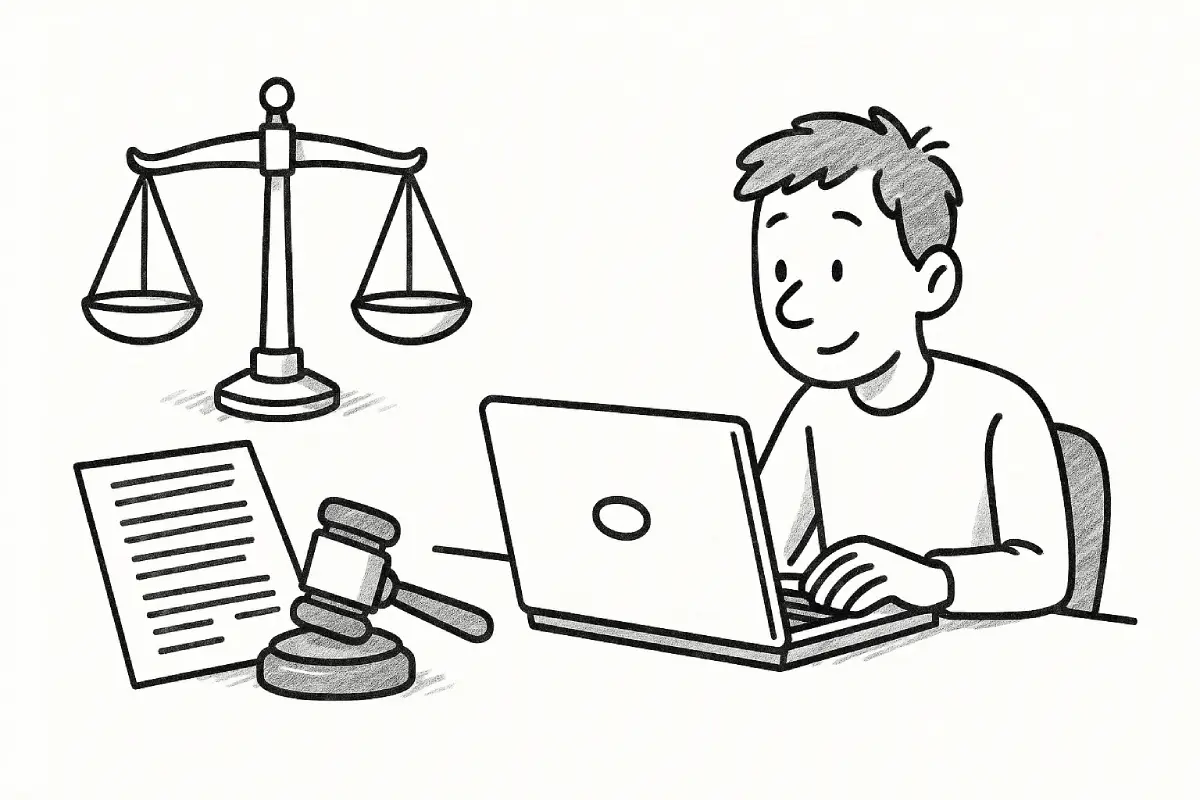
What Happens If Your Employer Misclassifies You as a Contractor?
Is your “chill” boss actually committing tax fraud? 🚩 Spot the signs of employee misclassification, save your bank account, and stop the gaslighting.
Read the latest Hiring Process articles. Jobicy is your journal for the latest careers and workplace advice.

Is your “chill” boss actually committing tax fraud? 🚩 Spot the signs of employee misclassification, save your bank account, and stop the gaslighting.

Can AI replace human recruiters? We explore the battle of bots vs. human intuition and why the future of hiring is a strategic AI-human partnership.

A brutally honest look at the modern tech hiring process. We decompile misleading job descriptions, recruiter-speak, and the dreaded “culture fit” interview.

The nature of work has changed. The expectations of talent have changed. You can either change with it, or you can become a corporate fossil.

Fighting for a more human-centered approach to hiring isn’t about being a Luddite. It’s actually about being incredibly forward-thinking.

Beyond the resume lies the theater of the human soul. A recruiter reveals the silent tells, cracked masks, and heartbreaking moments in the interview room.

The interview is the only time you hold any real power. You are a valuable asset they are considering acquiring. Once you sign the contract, that power dynamic flips.

Here, we delve into the crucial legal aspects of remote work that employers must navigate to harness its benefits while mitigating potential risks.

Welcome to the AI interview. It’s no longer the stuff of sci-fi B-movies. It’s here. And it’s just as weird and unnerving as it sounds.

This article provides comprehensive tips for both sides of the interview process, blending practical advice with personal insights.

It’s crucial for businesses to adapt their hiring processes to attract, assess, and onboard remote employees effectively.

This generation, the first to grow up entirely in the digital age, is uniquely equipped to navigate the challenges and opportunities presented by remote work.

With dedication, effort, and consistency, you can create a personal brand that sets you up for success in your remote career.

In the absence of physical interaction, creating a smooth onboarding experience for new hires becomes more critical than ever.
Jobicy
588 professionals pay to access exclusive and experimental features on Jobicy
Free
USD $0/month
For people just getting started
Plus
USD $8/month
Everything in Free, and: